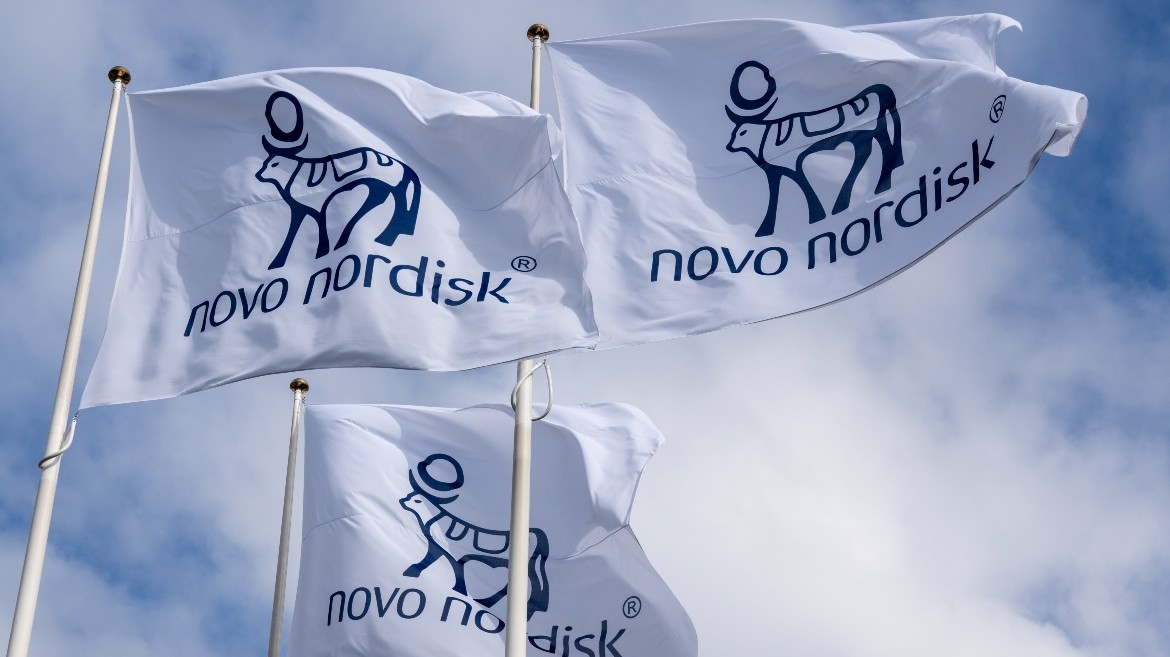The year of 2014 was marked by a baby boom amongst my friends, resulting in me fielding numerous questions about how they can invest their hard-earned cash so that little Jonny and Jenny can pay their university fees in 18-20 years’ time.
Saving cash and investing in stocks and funds within a Junior ISA wrapper ensures your earnings (interest, capital gains and dividends) are free of tax. This is one of the most tax-efficient ways of generating funds for a long-term goal. An investment horizon of 18-20 years means you can afford to take on some risk to increase the likelihood of maximising your purchasing power.
How Much to Invest?
More than half of the universities in England and Wales charge the current maximum £9,000 per year, while Scotland’s universities are usually free to Scottish residents. For those outside Scotland, a three-year Bachelor’s degree could come in at £27,000 in fees alone, before you’ve even considered accommodation and living costs. Of course there’s no knowing where tuition fees will stand in two decades’ time, but it’s prudent to assume they won’t be getting cheaper.
At today’s prices, the total cost of a bachelor’s degree could be well in excess of £50,000, encompassing tuition fees, accommodation costs and living expenses over three years. If you were simply saving cash within your child’s junior ISA, you’d need to sock away £230 each month for 18 years to hit that target. That’s £2,760 per year, which is within the annual junior ISA limit of £4,000.
Invest in a mixture of stocks and bonds, however, and you could achieve the same result at a substantially lower cost to your wallet. A moderate portfolio invested largely in equity funds could take you to £50,000 over 18 years from just £145 per month or £1,750 per year, assuming your investments return an average of 7% per year. A more conservative assumption that returns would average 5% each year could still enable you to hit your goal with a monthly investment of less than £100 per parent.
Considering that, before their child was on the scene, many couples will have spent this much each month on luxuries such as meals out and drinks in the pub, it shouldn't be too much of a hardship to reallocate that cash to a longer-lasting goal.
What to Invest In?
New parents have little time to research and select individual company shares for Jonny and Jenny’s portfolios, so despite the additional fee a selection of well-picked funds can save a lot of time and worry.
Actively-managed funds tend to charge more, but you have the benefit of an experienced manager picking investments for you; passive funds are typically much cheaper as they are mimicking a specific market or index performance rather than trying to beat it. In time of market stress, having a fund manager on your side can help to mitigate losses, but if the market’s doing well there’s no need to attempt to beat it.
Jackie Beard, director of manager research services at Morningstar (and mother of two young savers) says she prefers a mix of active and passive funds that offer exposure to global equities, with a dose of emerging markets to tap into growth from the developing economies. “Small-caps are looking quite expensive at present but once that’s calmed down I’d consider looking at a global small-cap fund such as F&C Global Smaller Companies Investment Trust,” Beard says. This closed-end fund is rated Silver by Morningstar and charges an annual ongoing charge of 0.53%.
There are numerous LSE-listed ETFs that offer low-cost access to fast-growing emerging markets. Vanguard FTSE Emerging Markets (VFEM) and iShares Core MSCI Emerging Markets (EMIM) are two of the cheapest, both with an ongoing charge of 0.25%.
Hortense Bioy, director of passive fund research at Morningstar, is considering low-cost funds to kickstart her children’s savings. “I’d research low-cost ETFs or index funds that offer exposure to global equity markets,” Bioy says, “and buy the accumulation share class of the ETF rather than the dividend-distributing share class, as there’s no need to generate an income from within a junior ISA.” Bioy notes that the preference among UK investors is for physically-replicated ETFs but she’s agnostic when it comes to the replication method of her ETFs. More important, she says, is how you construct your portfolio: “Building a diversified portfolio is absolutely crucial, especially when investing for the longer term.”
Use Morningstar’s ETF Screener, Investment Trust Screener and Fund Screener to find investments to fund your cherubs' education, first house purchase or vocational training.





























